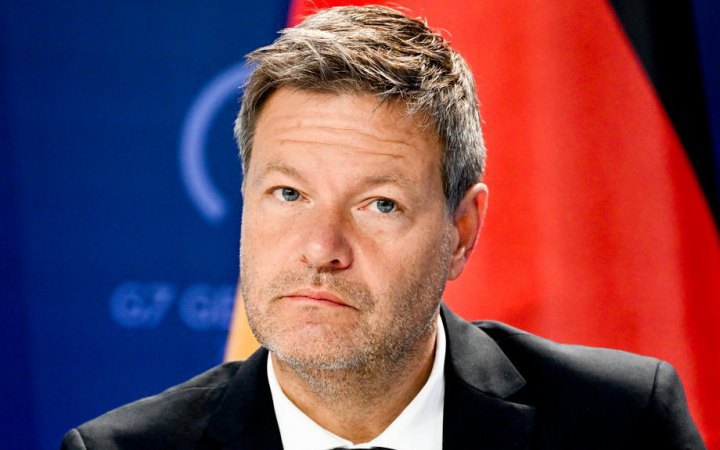Minister of Economic Affairs of Germany fears EU unity "starts to crumble."
Reuters.com reports he stated this on Sunday, 29 May 2022, the day before a summit dedicated to discussing the oil embargo against russia and plans to reduce dependence on russian energy.
EU leaders will meet on Monday and Tuesday to discuss a new package of sanctions against russia, which could include an oil embargo and a program aimed at speeding up independence on fossil fuels, including russian gas.
"After russia's attack on Ukraine, we saw what can happen when Europe stands united. With a view to the summit tomorrow, let's hope it continues like this. But it is already starting to crumble and crumble again," - Habeck told a news conference.
Habeck addressed Germany to be united at the summit and not abstain from voting because of differences within the country's ruling coalition. He called for similar unity in other EU states.
"Europe is still a huge economic area with incredible economic power. And when it stands united, it can use that power," - the German minister added.
The governments of the European Union failed to reach an agreement today on the embargo on russian oil.
According to media reports, as for the sixth package of sanctions against russia, France, which holds the presidency of the European Council, has suggested refusing russian oil delivered by sea, which will account for 2/3 of all imports.
Earlier, Bloomberg also reported that the European Union suggests refusing only the oil transported by sea from russia and postponing restrictions on imports from the critical "Druzhba" pipeline to satisfy Hungary and reach an agreement on the sixth package of sanctions.
The United States has also said it would suggest that European countries impose tariffs on russian oil as a quick alternative to a direct oil embargo.
The embargo on russian oil should be included in the sixth EU sanctions package against russia. The new sanctions were presented on 4 May 2022. A gradual refusal of oil imports from russia was planned: crude oil - up to six months, refined - by the end of the year.
Hungary and its Prime Minister, Viktor Orbán, have systematically opposed the implementation of anti-russian energy sanctions. The Prime Minister of Hungary noted that the approval of the suggested package of sanctions would require his country to make large-scale investments in alternative supplies and modernization of Hungarian refineries.
The Minister for Foreign Affairs, Dmytro Kuleba, said that the package of sanctions could not be approved only because of Hungary's position.








